Etsy Expands Payments Policy Globally; Instant Transfers Go Live for US Sellers
Reading Time: 3 minutesWhat’s changed Etsy has rolled out major updates to its Etsy Payments…
They sold out 1,000 units in two weeks. Their TikTok went viral. Amazon showed “Only 4 left in stock.”
And then—refund storms. Customer complaints. Label warnings. A suspension notice. And a sudden realization: selling health supplements online isn’t eCommerce. It’s regulated commerce.
In a $361 billion global health supplements market growing at 8.4% CAGR, success feels accessible. Entry is easy. But survival? That’s a whole different protocol. This is a category where growth is punished if operations aren’t airtight. Where customer trust isn’t won with discounts but with zero-error delivery. And where scale doesn’t forgive mistakes, it magnifies them.
This blog is not about tactics. It’s about the operational DNA of enduring health supplement brands. This piece is for founders, channel managers, and growth leaders who understand that selling wellness products isn’t the same as selling t-shirts. It is for those navigating regulated, high-trust commerce and want to do it right from the inside out.
Let’s unpack what the most resilient brands of health supplements are building today that sets them apart tomorrow.
The supplement customer doesn’t buy a product. They buy a plan. A transformation. A micro-routine that claims to improve gut health, sharpen focus, reduce anxiety, or do all three.
Precision wellness has shifted buyer behavior. “One-size-fits-all” is obsolete. Today’s demand is outcome-based and rooted in protocols, not SKUs.
This is not DTC 101. This is advanced wellness architecture. Your ops, tech, and merchandising must evolve to mirror how customers now shop for health journeys, not products.
Visibility is not readiness.
Many brands pour ad dollars into acquisition, only to collapse under operational cracks the moment traction hits. A bad batch, an outdated label, or a non-compliant health claim can shut down channels overnight.
Welcome to regulated commerce, where:
Trust is not built in product pages. It’s built in the invisible: no delays, no damage, no discrepancy, no non-compliance. That’s what your best customers remember.
Every minute you operate on spreadsheets and patchwork logic is a minute your business is vulnerable.
Let’s break down what manual workflows are really costing you:
And the moment you go cross-border?
You’re adding compliance metadata, localized ingredient claims, language-specific restrictions, and customs certifications to the pile.
Manual ops aren’t scrappy—they’re a liability, especially in health supplements.
AI isn’t a buzzword here. It’s the only scalable nervous system for predictive, compliant, conversion-ready commerce.
The smartest supplement brands are deploying AI to:
This is where true operational intelligence lives: AI that thinks ahead, so you don’t have to chase mistakes later.
Infrastructure isn’t sexy. But in this category? It’s the moat.
Let’s decode what the most resilient supplement brands are quietly building behind the scenes:
Most generic feed tools can’t process batch-level traceability, dosage unit validation, or certification fields like “NSF (National Sanitation Foundation) Certified” or “3rd Party Tested.”
The brands that scale don’t just grow—they outperform the competition.
Emerging moves that signal future category dominance:
These aren’t gimmicks. They’re signals of trust at scale.
Remember that founder from the intro? The one who sold out in two weeks and nearly burned down their brand?
They didn’t grow by going viral again, but by building right the second time.
They automated their stack creation logic. Synced inventory across channels. Tightened compliance metadata. Switched from “chasing errors” to preventing them.
In the high-trust world of health supplements, growth doesn’t come from scaling fast—it comes from scaling clean.
Here’s the quiet confidence we’ll leave you with:
Operational mastery is your moat. In health and wellness, backend wins the long game.
| KPI | Why it Matters |
| AI-Generated Content Efficiency | Cuts costs while maintaining performance |
| Subscription Retention | Signals true value and earned repeat trust |
| Variant Sell-Through Rate | Validates merchandising and SKU logic |
| Compliance Accuracy | Prevents scale-killing policy penalties |
| Inventory Turnover Rate | Ensures freshness and reduces holding risk |
| Review Conversion | Measures UGC effectiveness in building trust |
| Label Update Latency | Indicates regulatory agility |
You don’t need a new platform. You need the right infrastructure. One that’s smart enough to adapt to health-specific nuances—batch codes, dosage claims, compliance triggers, and strong enough to grow with your customer, not against them.
At CedCommerce, we just happen to build that kind of infrastructure.

Reading Time: 3 minutesWhat’s changed Etsy has rolled out major updates to its Etsy Payments…
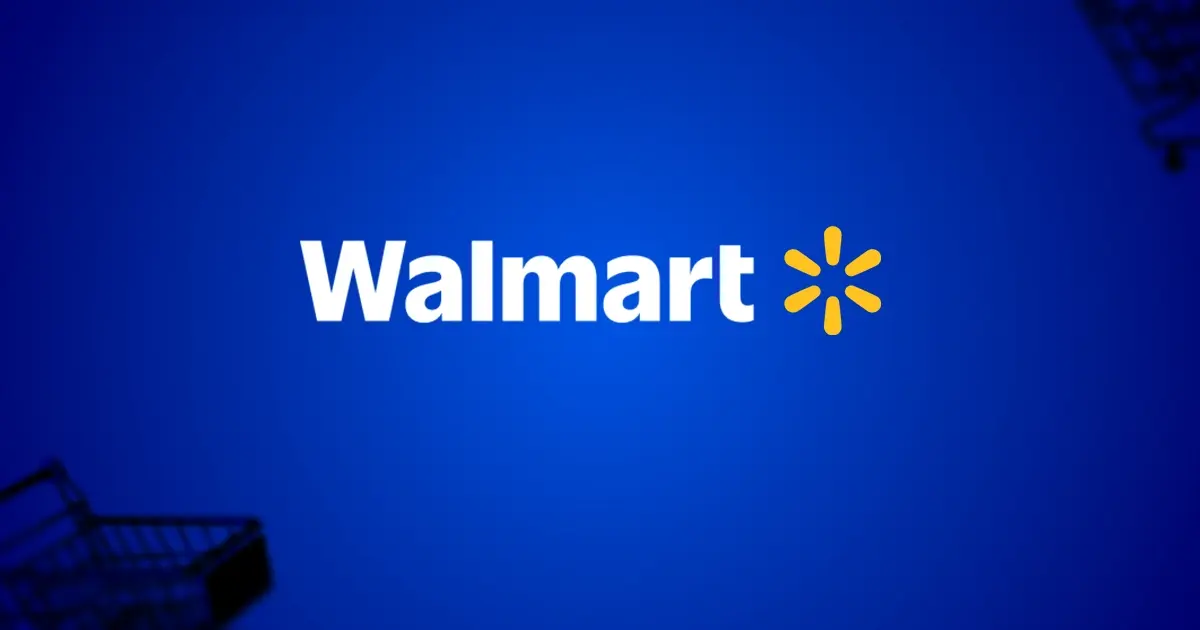
Reading Time: 2 minutesWhat’s changed Walmart has introduced a new Shipping Score metric within its…
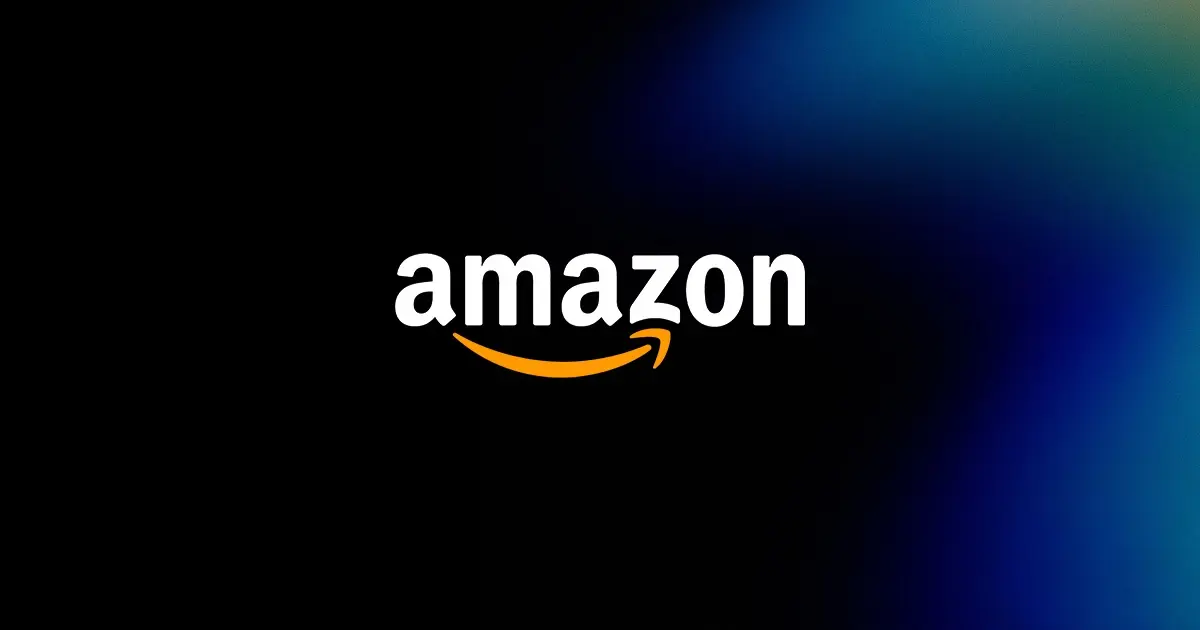
Reading Time: 3 minutesWhat’s changed Amazon has announced an additional $35 billion investment in India…

Reading Time: 4 minutesAbout the Brand: 40ParkLane LLC Studio40ParkLane is a design-led print-on-demand brand created…
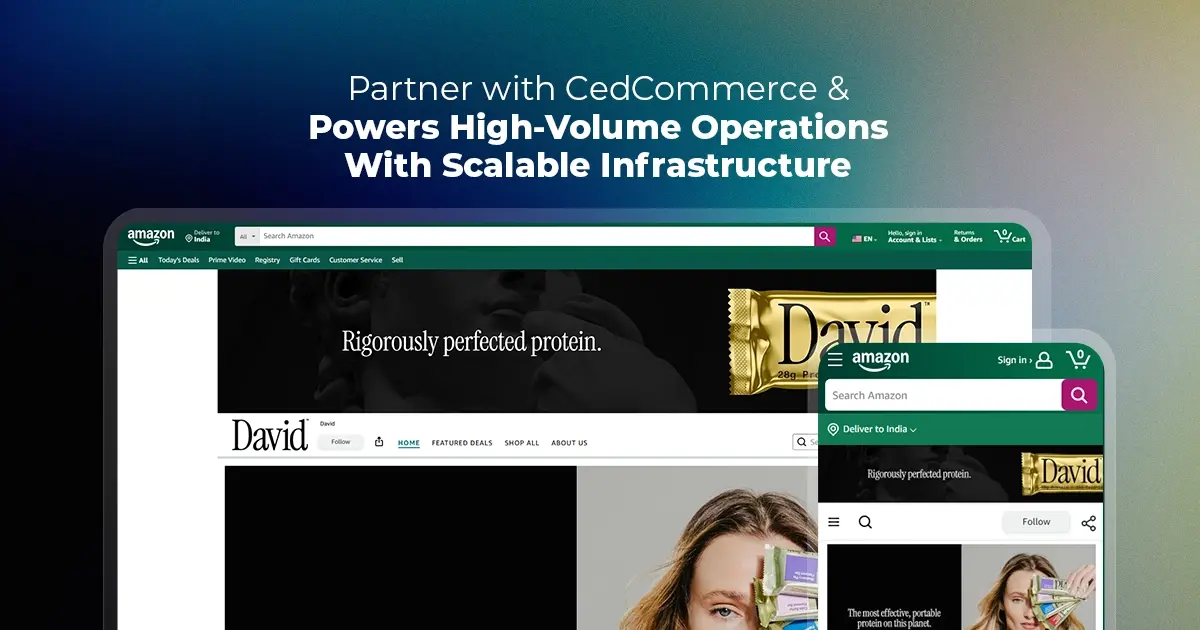
Reading Time: 3 minutesAbout the Company Brand Name: David Protein Industry: Health & Nutrition (Protein…
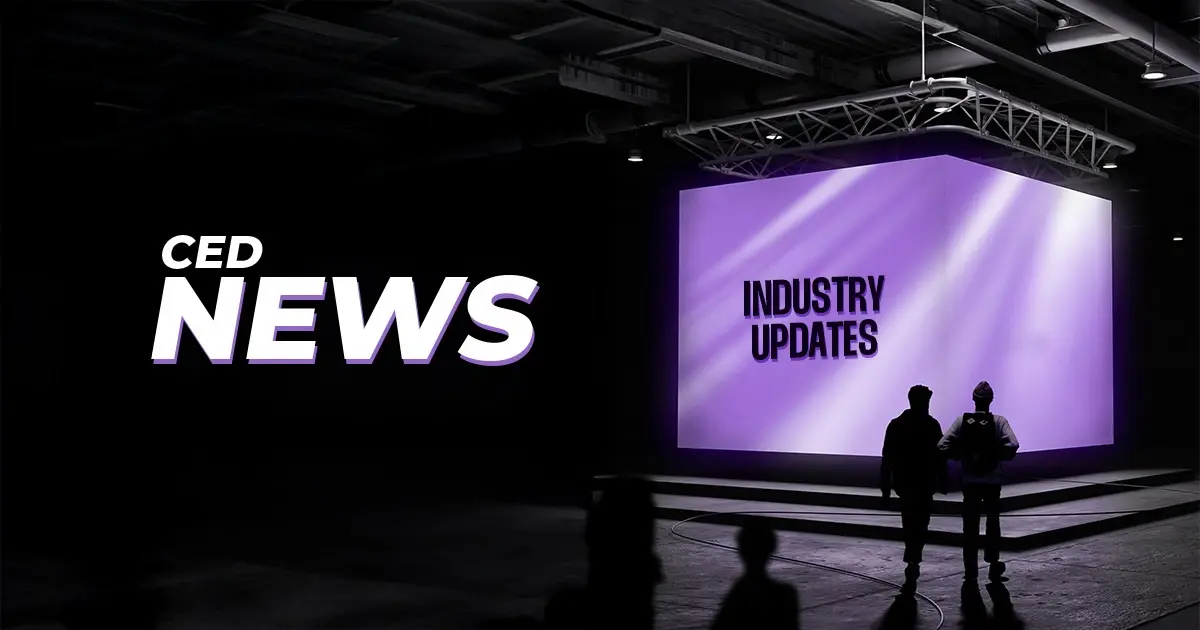
Reading Time: 3 minutesOnline retail spending in Germany is entering a renewed growth phase after…

Reading Time: 4 minutesTikTok Shop has released a comprehensive Beauty and Personal Care Products Policy,…

Reading Time: 4 minutesTikTok Shop has formally outlined comprehensive requirements for expiration date labeling and…

Reading Time: 3 minutesTikTok Shop is raising its sales commission for merchants across five active…

Reading Time: 11 minutesBy now you have seen your BFCM 2025 numbers. The harder question…

Reading Time: 3 minutesAbout the Brand Name: Vanity Slabs Inc Industry: Trading Slabs- Vanity Slabs…
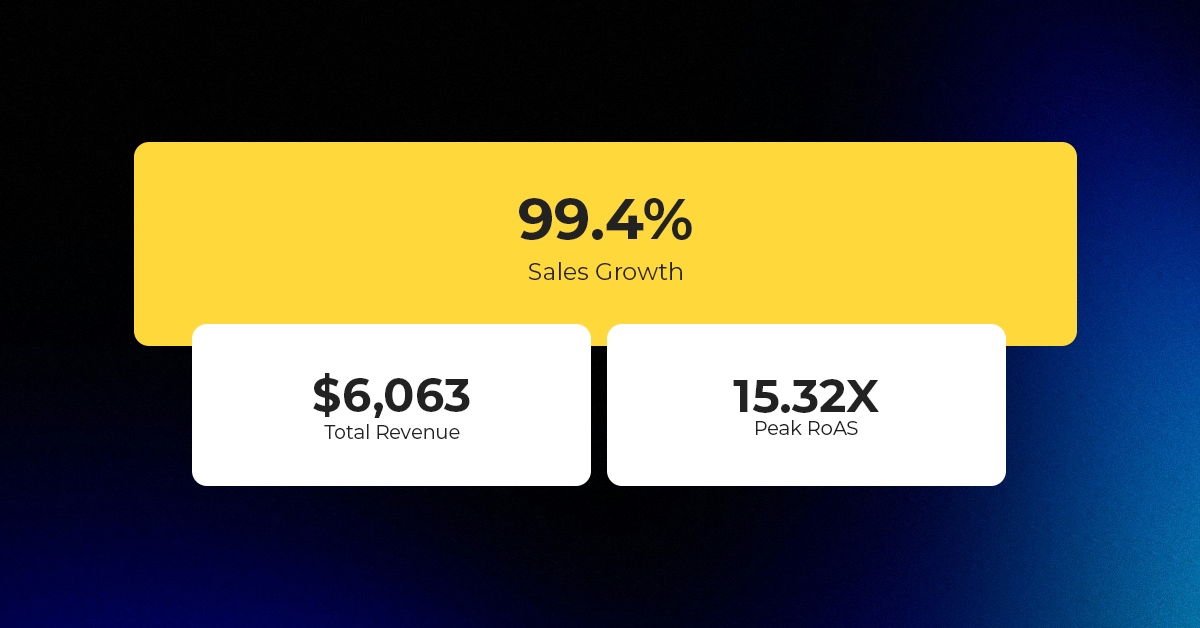
Reading Time: 2 minutesAbout the Brand Name: Ramjet.com Industry: Automotive Parts & Accessories Location: United…

Reading Time: 2 minutesAmazon is rolling out strategic referral fee reductions across five major European…
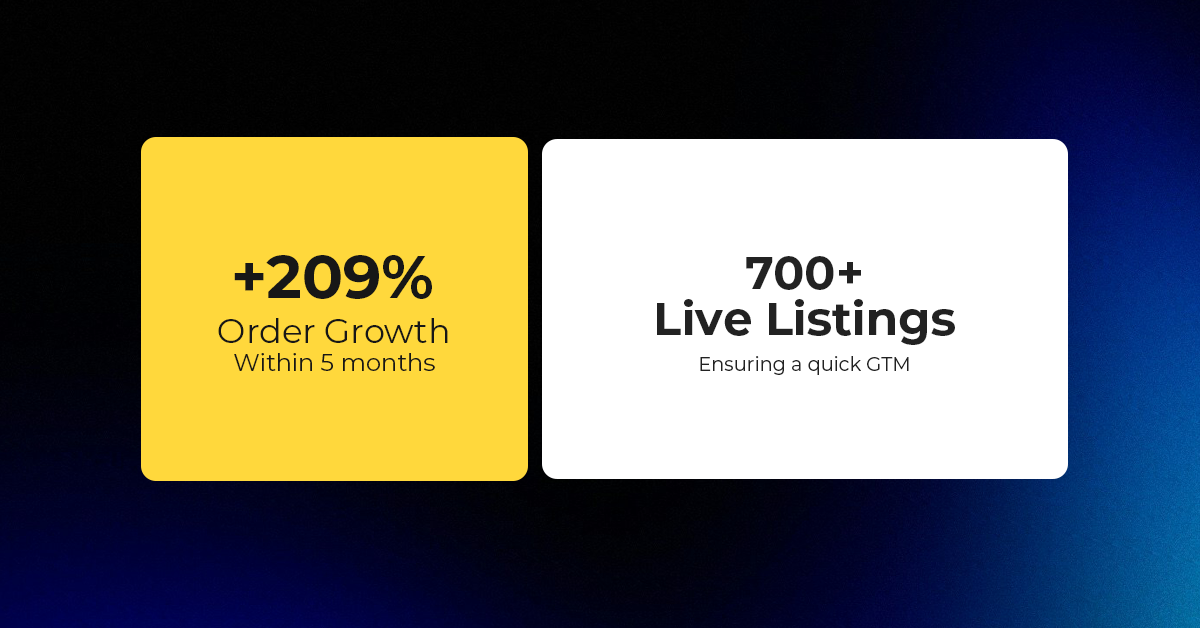
Reading Time: 4 minutesQuick Summary: Scaling Lifestyle Powersports on eBay with CedCommerce Challenge: Zero marketplace…

Reading Time: 4 minutesTikTok has surpassed 460 million users across Southeast Asia, reinforcing its position…

Reading Time: 3 minuteseBay has released its final seller news update for 2025, with a…

Reading Time: 3 minutesAmazon has clarified its stance regarding speculation around a potential breakup between…

Reading Time: 4 minutesWalmart is accelerating its push into next-generation fulfillment by expanding its drone…

Reading Time: 4 minutesFaire, the fast-growing wholesale marketplace connecting independent retailers with emerging brands, has…

Reading Time: 4 minutesB2B buying in the United States is undergoing a fundamental behavioral shift…